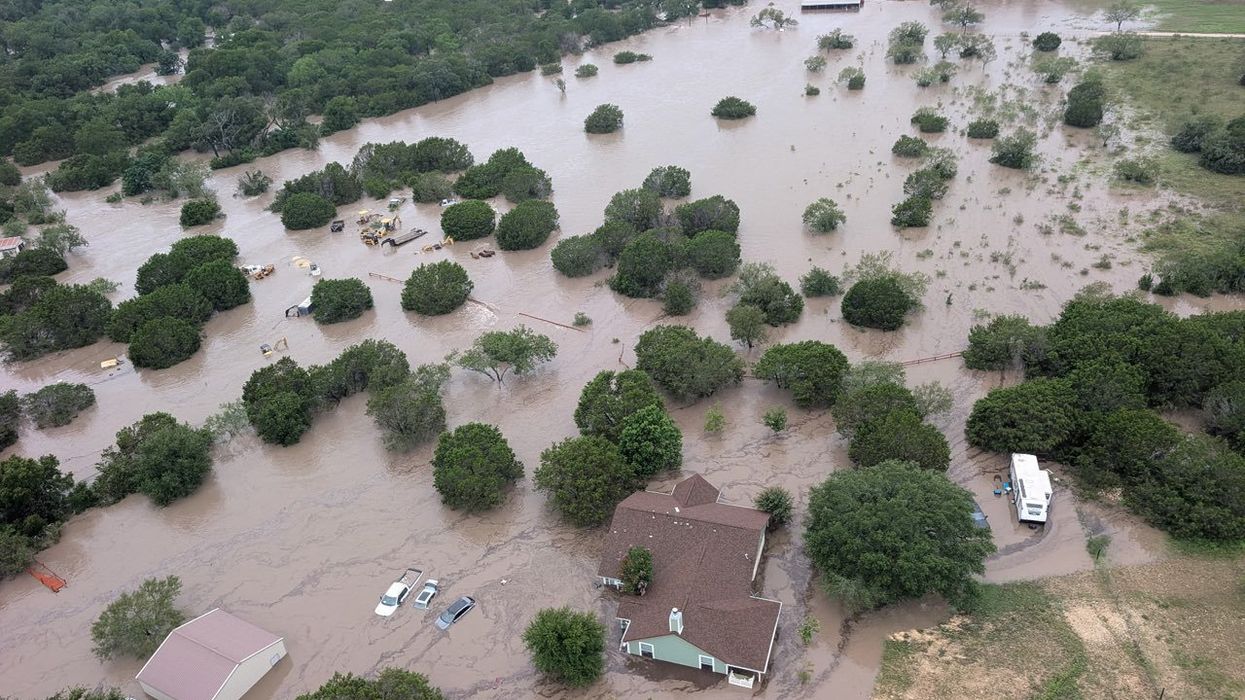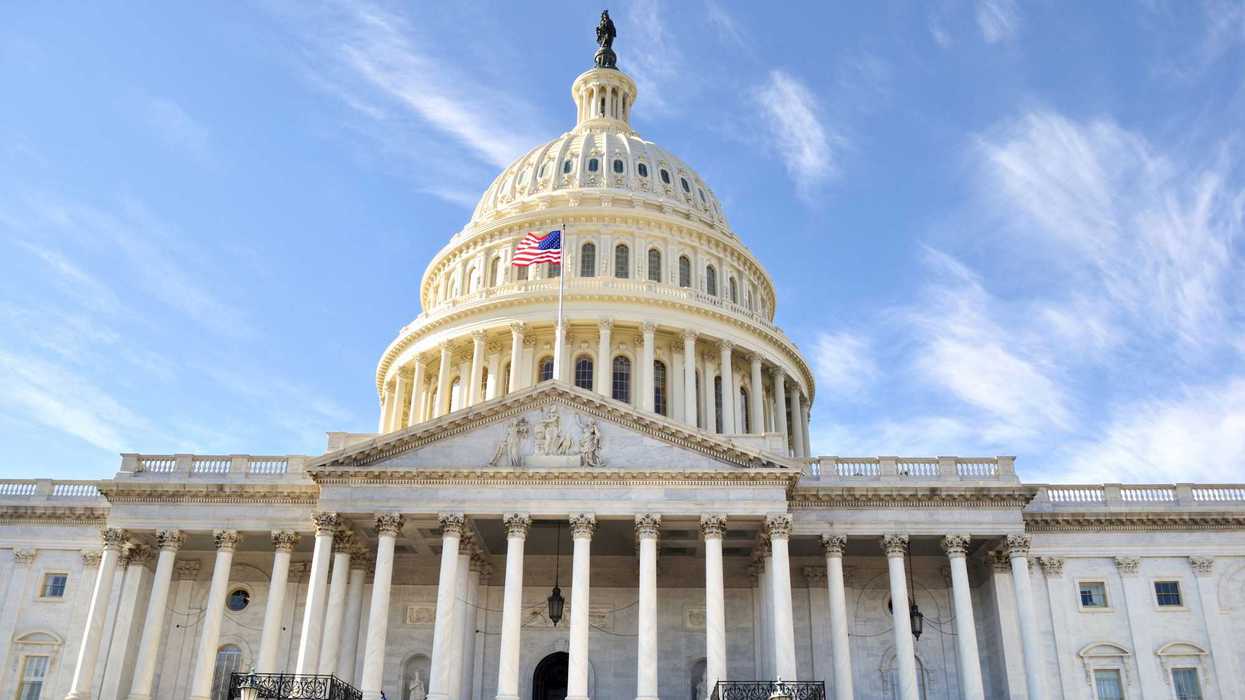The deadly Texas floods have receded, leaving lost and shattered lives. Donald Trump tells us not to politicize the moment, with spokeswoman Karoline Leavitt calling the floods “an act of God,” meaning no one is responsible. However, because the floods and the climate disasters that follow them make the costs heart-wrenchingly visible, they give us the chance to discuss root causes and the choices we face. If we don’t have these conversations, these teachable moments will quickly fade.
Democratic pushback has focused primarily on cutbacks to the National Weather Service and FEMA, leaving critical offices understaffed and undermining the ability to plan effectively. But the pushback has focused less on climate change, even as, the day before the floods, the Republicans paid for massive tax breaks for the wealthiest in part by slashing federal support for wind, solar, battery, and electric vehicles, energy efficiency, and other investments that gave us a chance to join China and Europe in leading the technologies of the future. So we need to discuss the choices presented to us by this tragedy — and all the others that will come.
When Democrats have held power, they’ve raised these issues far too little. No American legislation did more to fight climate change than Biden’s Inflation Reduction Act, but the new Republican bill mostly gutted it. And Biden was largely quiet in the face of a succession of epic climate disasters, from the fires that destroyed the Maui town of Lahaina and the Colorado town of Superior, to the North Carolina floods on the eve of the election. He did say Hurricane Ida highlighted the “climate crisis.” But the administration never created a sustained conversation. Kamala Harris also stayed mostly silent, and when climate change was raised late in her single Presidential debate, she discussed it for only a minute and then moved on. So, although the administration addressed the issue in groundbreaking ways, it did far too little to bring it to greater public salience. That led to it receding further in perceived urgency for a public that knows climate change is real but hasn’t made it a priority.
Imagine if Biden, Harris, or other key Democrats had visited the sites of these disasters and not just offered compassion and government aid, but also an honest discussion of our choices. At the least this would have underscored the stakes --and given voters a sense that the Democrats were fighting to address it.
Consider the campaigns to prevent gun violence. For years, those who wanted common-sense gun rules resisted “politicizing tragedy.” Mass shootings kept happening, but other than those most engaged, not enough people spoke out in their wake, because it felt unseemly. Finally, more started to, including political leaders. They told the stories and drew the connections. As the public began to hear them, support for addressing gun violence increased enough to pass the 2022 bipartisan gun safety bill in the wake of the Uvalde shootings.
Those who recognize that climate change is real and urgent no longer have the bully pulpit of the Presidency. Instead, climate information is scrubbed from government sites, including guidance on how to prepare for climate disasters, and scientists are fired for even daring to address the issue. But, local and national Democratic leaders, as well as engaged citizen groups, can still speak out when disasters hit. We can mourn the lives lost and communities destroyed, while highlighting both the human costs and the technologies that offer an alternative, with 96% of new global electricity demand being met last year by renewables, as they become more affordable than fossil fuels, complemented by batteries whose cost has dropped 95% in 15 years. We can demand accountability for all the recent cuts and demand that the investments be restored.
We can also use those moments to highlight fossil fuel companies that have bankrolled climate denial. This could mean nonviolent protests at their corporate offices that highlight the recent catastrophes. Or targeting banks that fuel fossil fuel investment. Or the gas stations of companies like Exxon/Mobil, whose scientists warned of climate change risk nearly 50 years ago, then saw the company bury their warnings and promote denial instead. It also means pressuring the media to cover the crisis more robustly, including engaging conservative-leaning podcasters and influencers who shape so much of America’s current understanding, and who have started to question Trump’s immigration raids.
Drawing the links at the times when climate change’s invisible march becomes most manifest isn’t politicizing tragedy. It’s making clear that if we care about the lives that are lost, we need to prevent the future tragedies.
Paul Rogat Loeb is the author of Soul of a Citizen and The Impossible Will Take a Little While, with nearly 300,000 in print between them.





















 Mayor Ravi Bhalla. Photo courtesy of the City of Hoboken
Mayor Ravi Bhalla. Photo courtesy of the City of Hoboken Washington Street rain garden. Photo courtesy of the City of Hoboken
Washington Street rain garden. Photo courtesy of the City of Hoboken